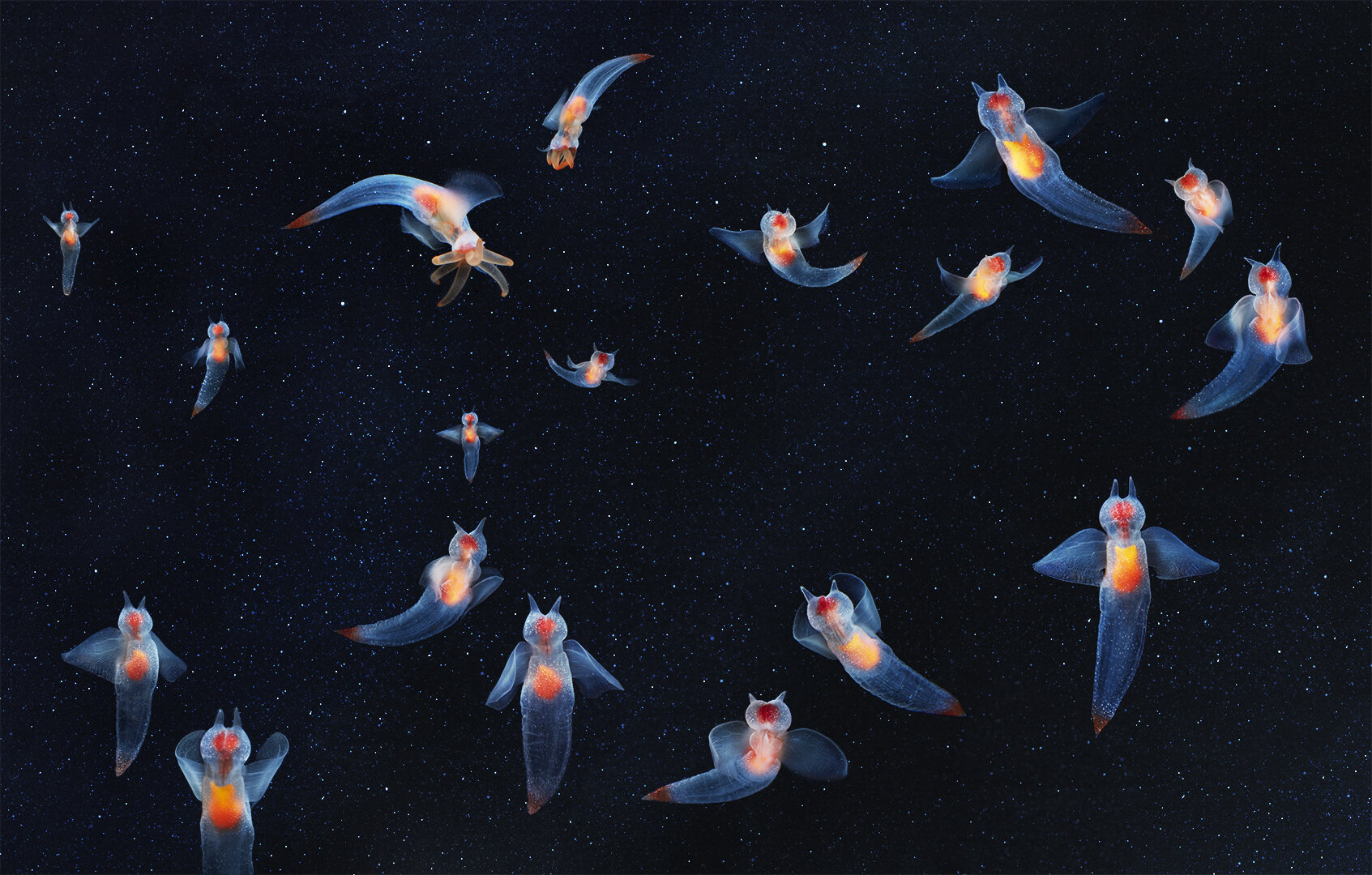The Context
The work of the Frozen Ark is both in the UK and elsewhere throughout the world.
The WWF Living Planet Report 2018 shows an overall decline of 60% in species population sizes between 1970 and 2014, whilst current rates of species extinctions are 100 to 1,000 times higher than the background rate (the extinction before human pressure became a prominent factor). Other indicators measuring different changes in biodiversity all demonstrate dramatic, continued loss. However, sadly the future of millions of species has not captured the attention of world leaders sufficiently to date to catalyse the necessary action. In the UK, according to the latest State of Nature 2019 report, “Statistics demonstrate that the abundance and distribution of the UK’s species has, on average, declined since 1970 and many metrics suggest this decline has continued in the most recent decade. There has been no let-up in the net loss of nature in the UK.”
Our Species in Decline
In the UK, according to the latest State of Nature 2019 report, “Statistics demonstrate that the abundance and distribution of the UK’s species has, on average, declined by 41% since 1970 and many metrics suggest this decline has continued in the most recent decade. There has been no let-up in the net loss of nature in the UK.”

Help Us Make a Difference
The UK is among the most nature-depleted countries in the world
A Catastrophic Decline in Biodiversity
Ever increasing deforestation and industrialisation worldwide, has left the UK “among the most nature-depleted countries in the world”, with most of the land having gone past the threshold at which “ecosystems may no longer reliably meet society’s needs”.
In order to understand the consequences of the catastrophic decline in biodiversity, worldwide, scientific research needs access to current and historic information and biological material for species in decline. There are many frozen collections of biological materials (Biobanks) held by museums, zoos, wildlife organisations, breed societies, universities, research institutes and individuals. These Biobanks provide key materials and information to assist scientific research. The Frozen Ark and its partners/consortium members, worldwide, seek to assist in the creation and development of Biobanks and in the organisation, management and protection of samples. The Frozen Ark’s Vision and Mission is to ensure that this material is made available to be used for vital conservation of the species of the world.


